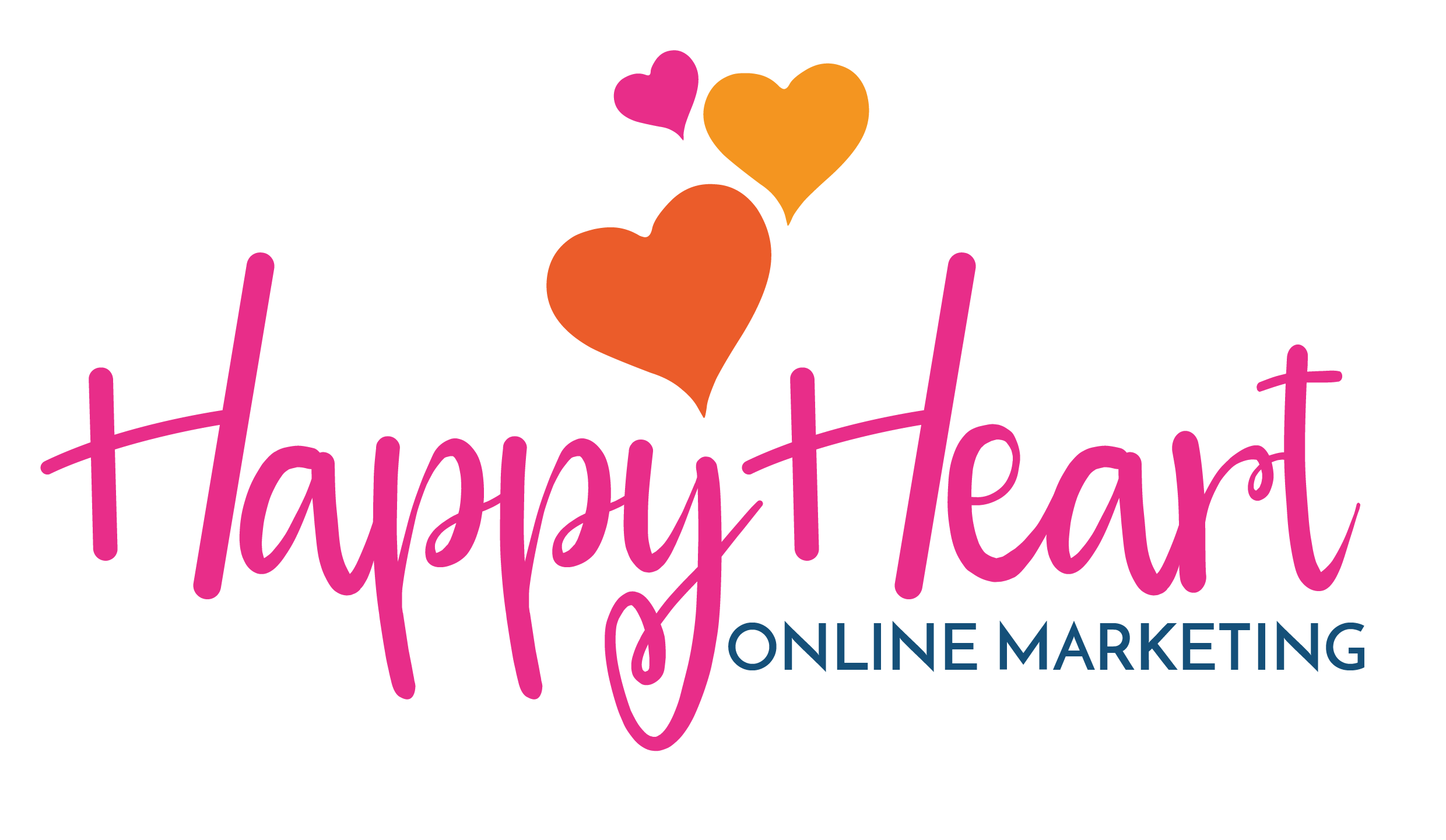Imagine the moment… you get a call from a client who ‘can’t get onto your website’ – you go and take a look and it’s been hacked! You will either been staring at a blank screen or even worse you are looking at someone else site – on your domain! This could even be a ‘shocker’ of a site one that you would be mortified to even be associated with! What do you do??
Panic – of course you are going to feel panicked after all you are not in control of your own website – where has it all gone??
Well I want you to STOP RIGHT THERE! This is sortable, devastating right now – YES, but it can been resolved.
Here’s some tips of what to do – but even more importantly some advice on how to stop this from happening…
1. Make a cuppa and breathe
Trying to deal with this is a blind panic will make you fuzzy headed.
2. Contact your hosting company or web designer (if they are hosting it for you)
The host is your first port of call to get this resolved!
3. If your hosting company can’t resolve the issue then it’s time to call an expert
A web developer will be able to access files on your domain and host, identify the issue and get you back online.
So here’s by 5 biggest tips to help you to prevent your website from being hacked…
1. Get an SSL certificate
An SSL certificate makes your domain super secure and is a great feature to demonstrate trust on your site for all website users. You can read more about SSL certificates here: What is SSL and Why Does My Business Need It
2. Update your Software
Ensure that you update your software, with WordPress you can update to the latest version. Update your plugins too but it’s important to check with your web designer first to check for any conflicts. Plugins can can be an easy target for hackers!
3. Install Security Software
Comment and email boxes are loved by hackers – it’s important to lock them down
Askimet is a great tool for reducing spam comments on your website, it filters the majority of them out and automatically deletes them so you don’t get your inbox bombarded!
WordFence is the software that I recommend to provide an extra layer (firewall) to keep your WordPress website super safe.
4. Protect your Login
When using login names and passwords, make them unique and ensure they are strong and be careful who and where you share them. If you need to share anything confidentially Lastpass is a great tool to do this! I also recommend having a catch box on your website just to give it that extra layer of protection.
5. Monitor Email and Contact Forms
Just like plugin if you are are gathering data on your site through contact forms or email software it is important to check that the connections can not easily be hacked, use verified plugins and email providers such as Mailchimp, Aweber or Constant Contact, they inference well with websites but it’s still important to keep an eye on everything and ensure you keep up with any updates.
6. Cookie Notifications
Ensure that you have an opt in notice to agree to cookie notifications, this is also an important feature to ensure you are GDPR compliant. If you want to learn more about GDPR and how you can make your website complain you can take a look here: GDPR – What It Means For Your Business
Your website should be the heart centre of your business online, it’s your shop front to the world and works best when you work with a platform that you own and have control of! Taking steps to keep your website up to date will really help with your website security – lets face it if you had a shop front you wouldn’t leave it looking tired with the shutters up and the door unlocked… would you?
By signing up for this you will become an Happy Heart subscriber, which means we’ll email you with things we think you’ll find valuable – our free videos, workbooks and special offers. We’ll never share or sell your personal information. You can unsubscribe at any time



0 Comments